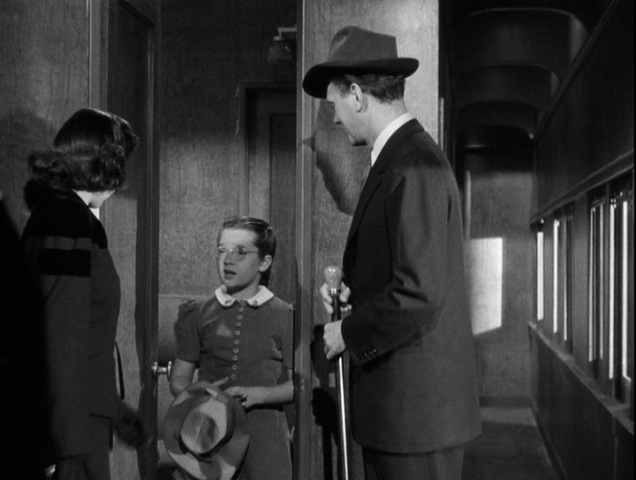


You hear about it all your life, and when you finally see the damn thing, it looks so much like the postcards, it's difficult to see it fresh. “To make great films, that's one thing,” Freeman writes, “to make yourself happy, that's quite another.” It offers keen insights into Hitch's craft while painting an intimate and unsentimental picture of the man behind the camera. Freeman's account, which was later expanded into a terrific book, The Last Days of Alfred Hitchcock, is a fascinating insider's look at the master's process. He wrote about their time together for the April 1982 issue of Esquire (and the piece appears here with the author's permission). Freeman, whose screenwriting credits include the overlooked Jack Nicholson film The Border and Street Smart, which features perhaps Morgan Freeman's finest performance, spent months with Hitch working on a script that would never be filmed. Otherwise, when it comes to mass appeal, Hitch is in a higher league.Īll of which makes David Freeman's portrait of Hitchcock in his final days all the more poignant. Is there a more celebrated-and recognizable- 20th century movie director? Maybe Steven Spielberg. I say it's hard to figure because Hitchcock's work has endured. Sure, his reputation was bolstered by the adoration of certain French critics in the '50s, but in America he never won an Oscar for Best Director, even though he was nominated five times. It's hard to imagine that in his lifetime Alfred Hitchcock was often dismissed as a commercial director instead of one of the great filmmakers of his time.


 0 kommentar(er)
0 kommentar(er)
